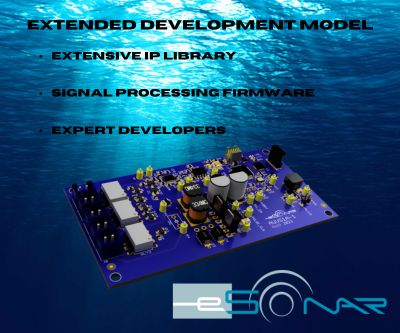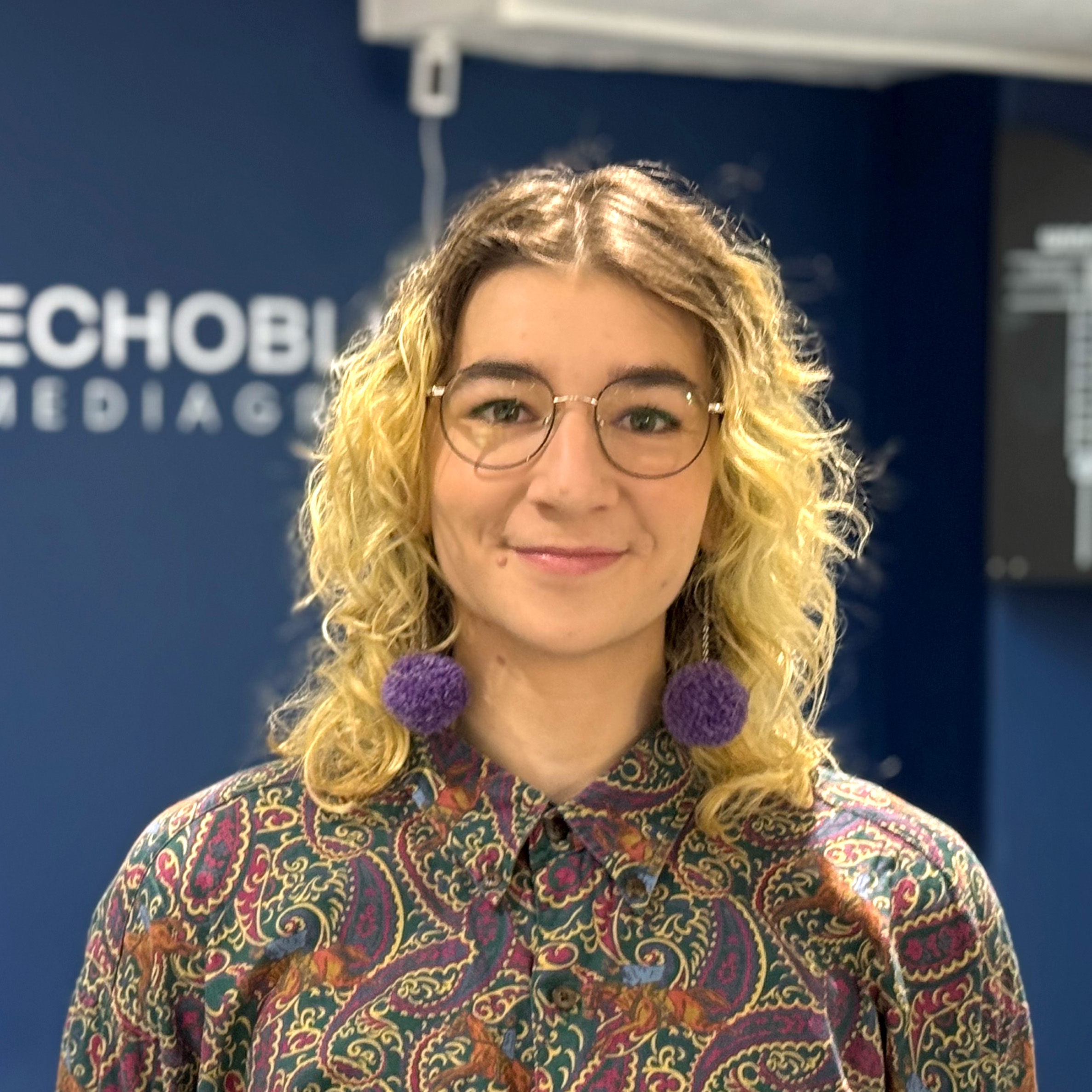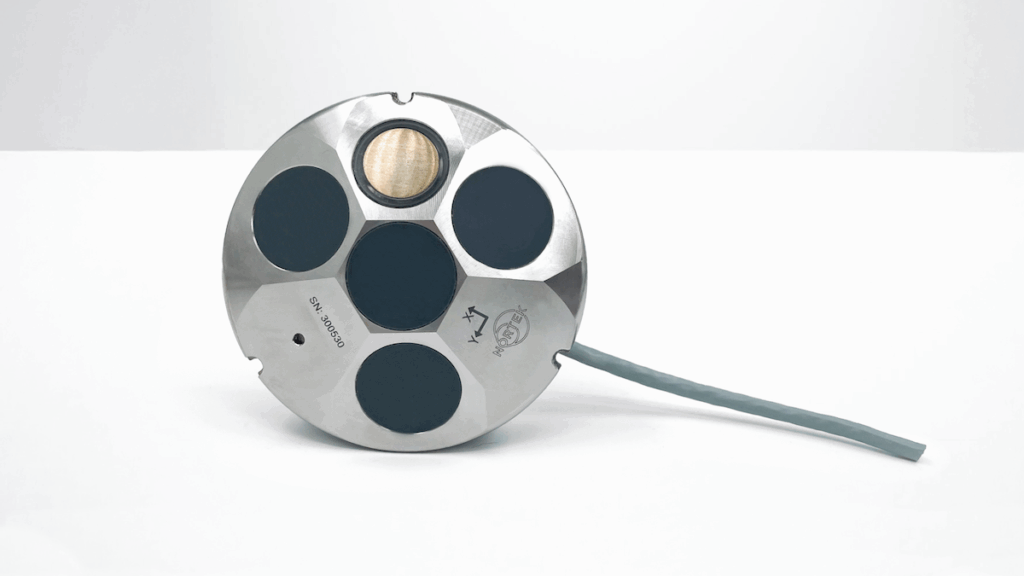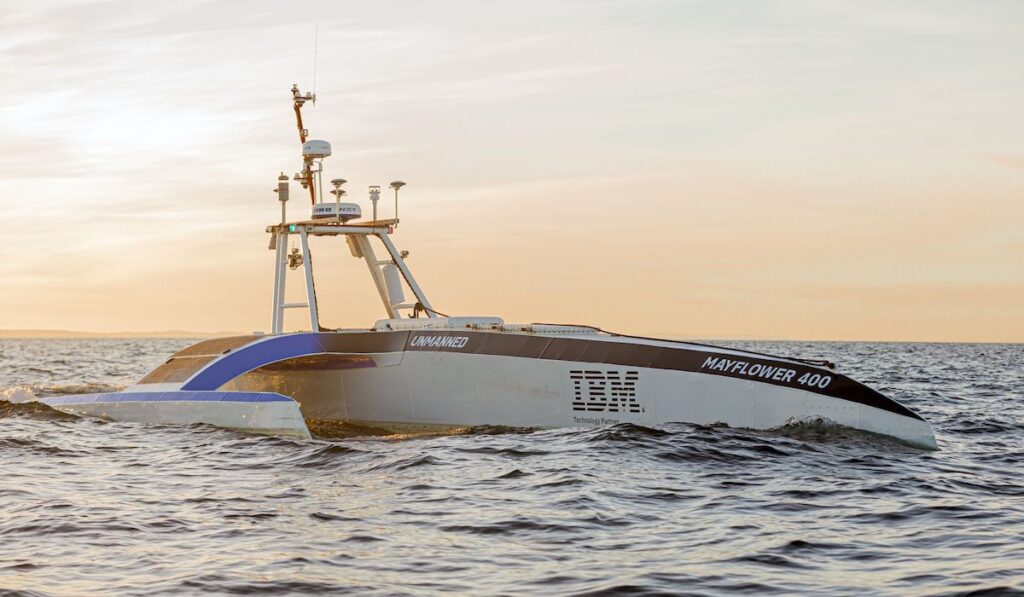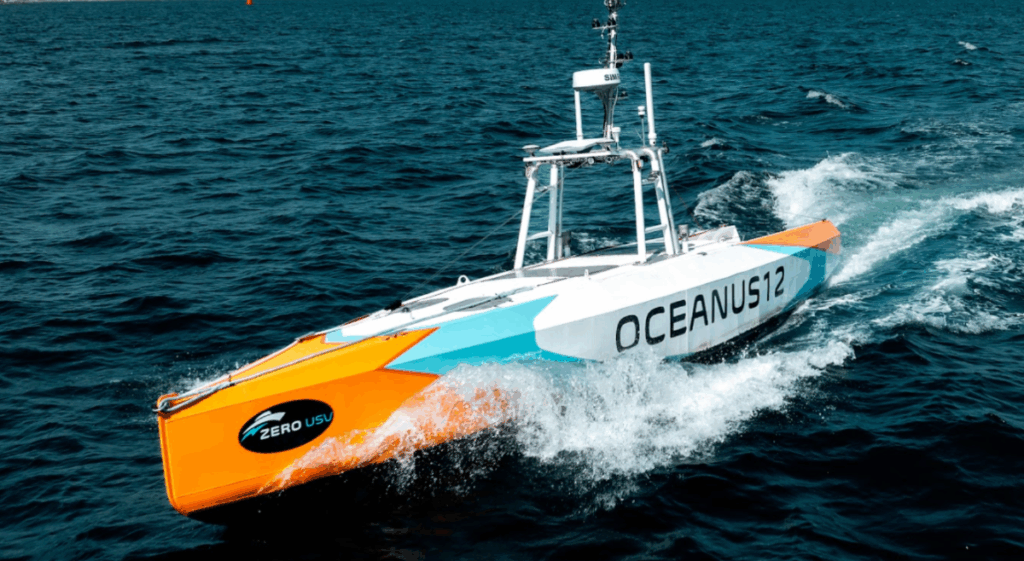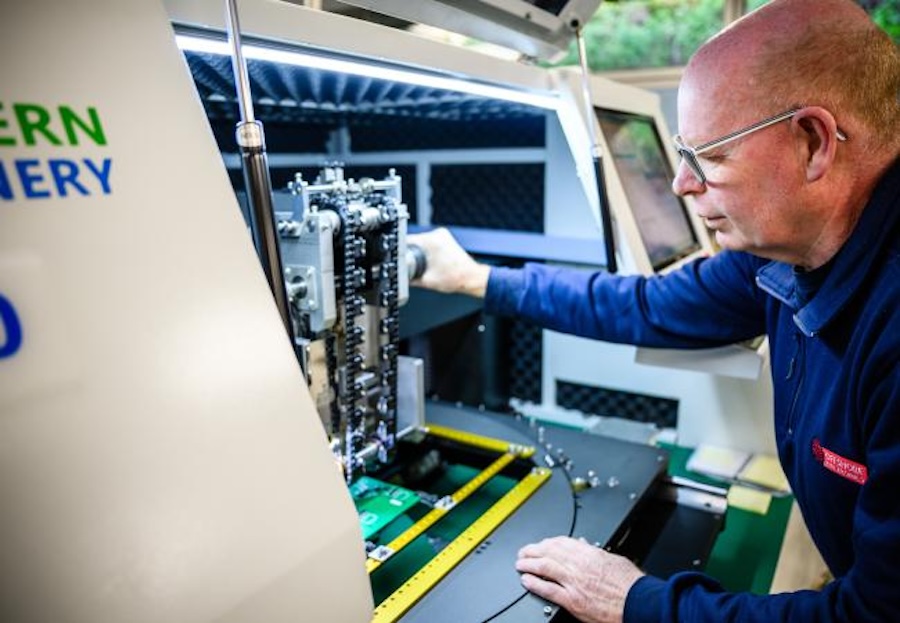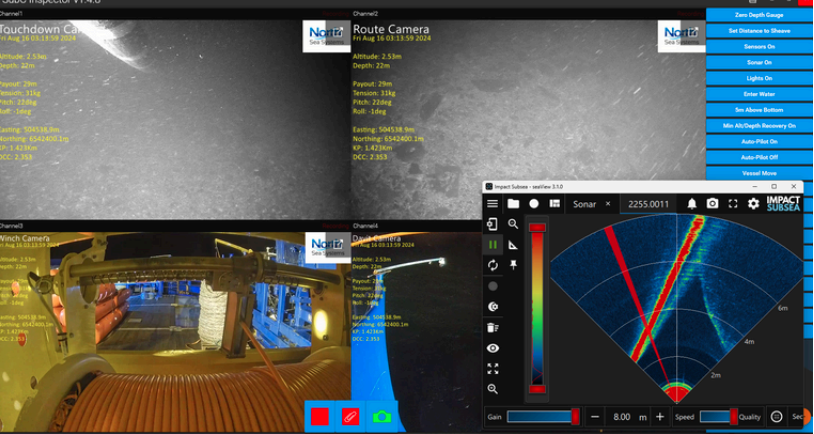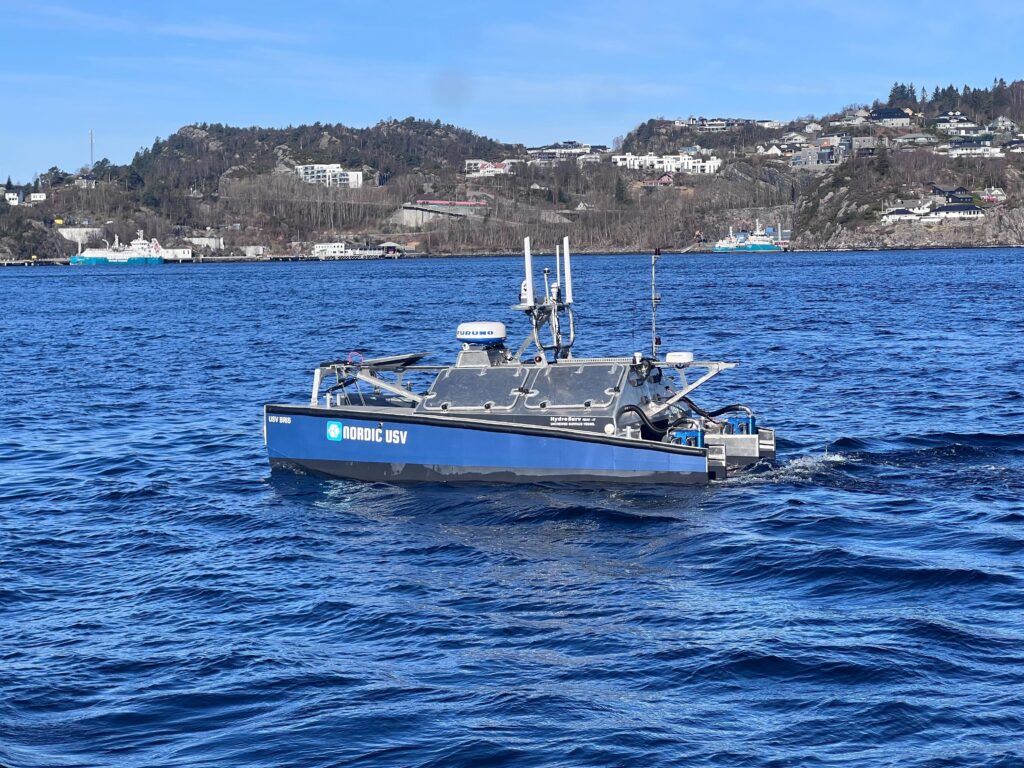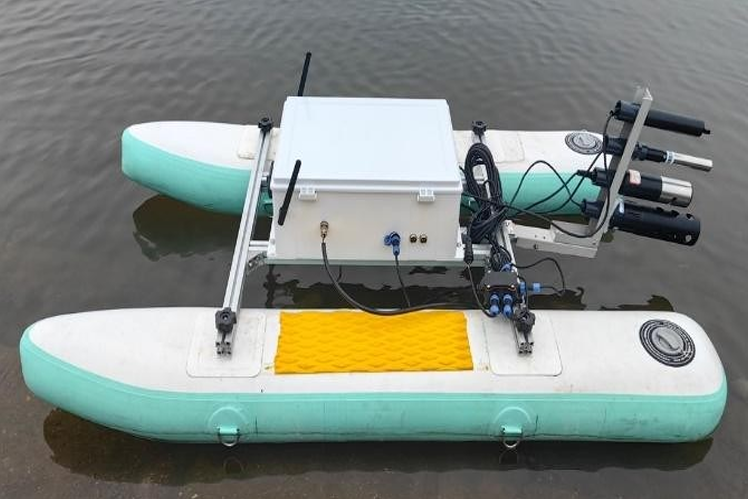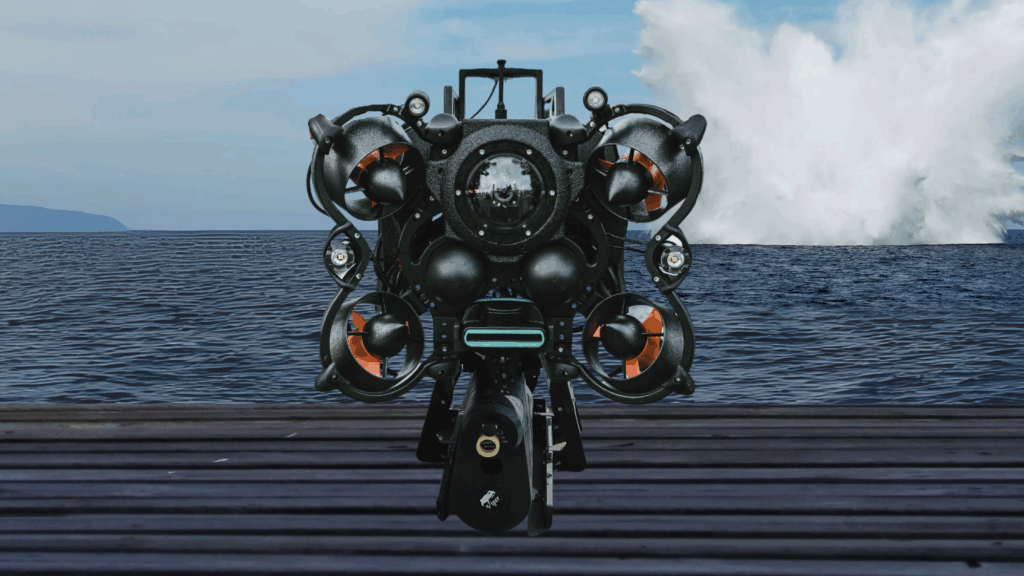
GeoAcoustics Ltd has developed an innovative AI solution to improve the speed and ease of seabed mapping in real-time.
Seabed mapping is used to produce a bathymetric (or water depth) profile of a given area of seabed using sonar technology. Sonar works by sending sound pulses into the water and measuring the echoes reflected from the seabed and any underwater structures that may be present.
However, many unwanted data points are also generated and these need to be filtered out after the survey to produce a true representation of the seabed profile which can be a resource-intensive, expensive and time-consuming task.
GeoAcoustics approached University of East Anglia’s School of Computing Sciences and a feasibility study was undertaken to see if AI technology could automatically remove unwanted noise from sonar data. This was carried out by two MSc Computing Science students, supervised by Dr. Wenjia Wang and Dr. Ben Milner, and a team from GeoAcoustics.
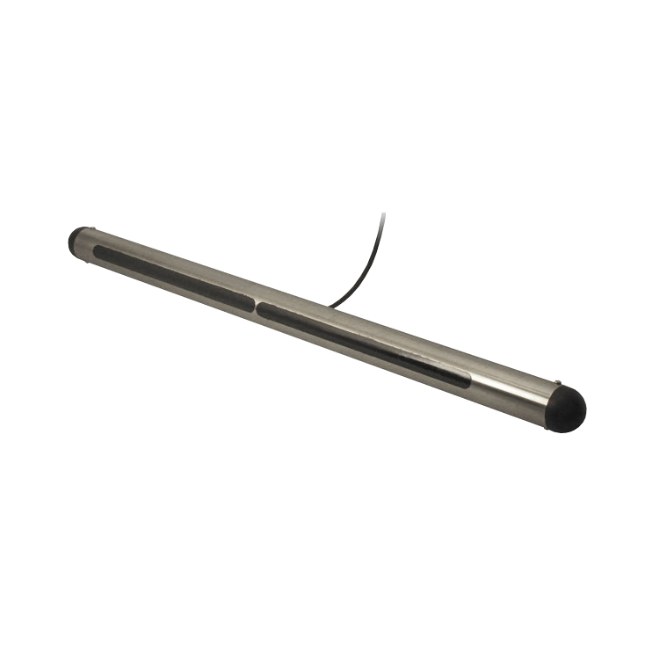
Side Scan Sonar
Discover cutting-edge solutions from 12 leading global suppliersFollowing encouraging results, further research and development grants were awarded; an Enabling Innovation: Research To Application (EIRA) award, and an Innovate UK Knowledge Transfer Partnership (KTP). These enabled an AI module to be developed which was then evaluated using various benchmark data sets and sea trials.
The AI was able to produce accurate and consistent results comparable to that of an experienced surveyor, without needing any human intervention and operating at a fraction of the time. The module was integrated into GeoAcoustic’s existing software and is capable of processing survey data in real-time, saving days or weeks of post-processing by trained human users.
In partnership with the UEA’s School of Computing Sciences, the company was named as a finalist in the category of Technical Excellence at the national Knowledge Transfer Partnership awards following the AI solution’s development.
Dr. Danny Websdale, the Knowledge Transfer Partnership Senior Research Associate at UEA for the duration of the AI development project and now an AI/ML Research Scientist at GeoAcoustics Ltd, said; “Designing an AI system that can process and quality control sonar data was a challenging process over the course of two and a half years, but together with the project team we were able to meet the intended goals and even exceed them by developing a system that provides real-time data on board the survey vessel, which is a unique capability that improves data quality while saving GeoAcoustics’ customers time and money.”
The product is now available to customers. Dr. Richard Dowdeswell, Chief Operating Officer at GeoAcoustics Ltd, said; “The AI system was integrated in our flagship seabed mapping product GeoSwath 4 and provided to customers as a free update. Feedback has been wholly positive, and we’re delighted with how the KTP, and the excellent collaboration with Danny and the UEA School of Computing Sciences, turned out.”

